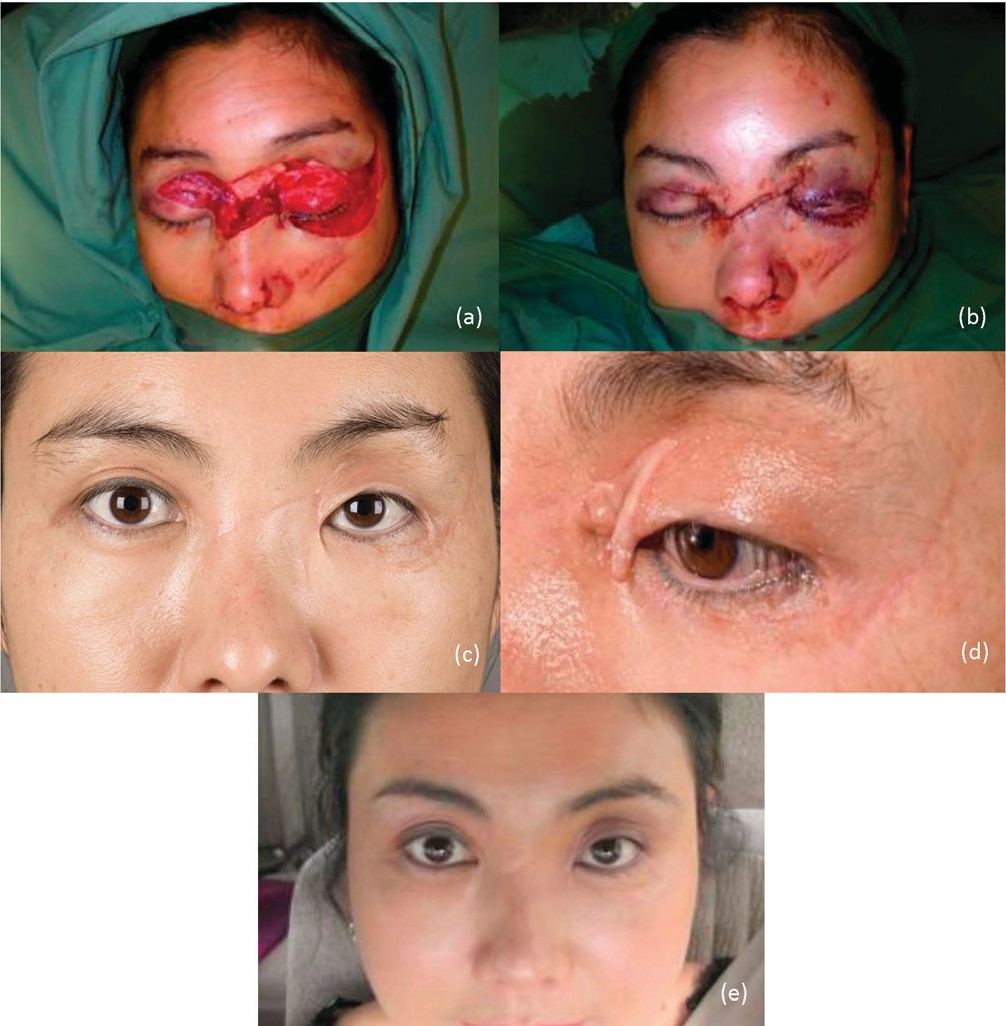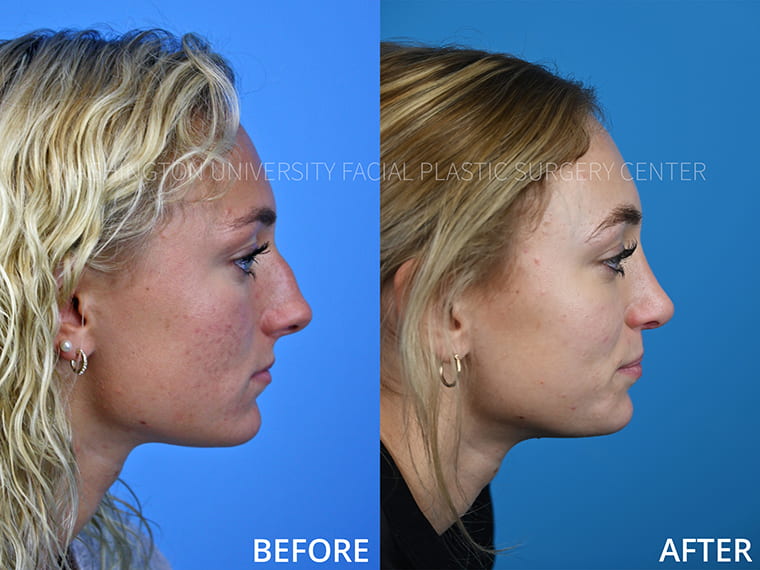A Deep Dive Into the Usual Reason for Seeking Plastic Surgery: Unboxing the Wish for Modification and Self-Improvement

Social Stress and Elegance Criteria
Often, social stress and prevailing appeal requirements play a considerable function in individuals' decisions to seek cosmetic surgery (liposuction bellevue). In modern society, aesthetic depiction heavily influences individual assumptions of appearance, commonly continued by media, celebrity endorsements, and social systems. These networks often promote idyllic variations of appeal, leading individuals to internalize these standards and review their self-respect against them

In addition, these stress are not limited to particular demographics; they influence people across various ages, sexes, and histories, highlighting the pervasive nature of beauty criteria. This extensive influence elevates crucial concerns about the values of cosmetic surgical treatment and the implications of social requirements on individual selections. Eventually, comprehending these stress is critical for promoting a more comprehensive meaning of beauty that commemorates diversity.
Individual Experiences and Transformative Stories
Many people who undertake plastic surgery report transformative experiences that prolong past plain physical adjustments. For several, these treatments act as a driver for boosted self-esteem and a renewed sense of identification. Individuals regularly describe sensation liberated from long-standing insecurities, causing increased self-confidence in both personal and professional realms.
Take, as an example, the tale of a young woman that undertook boob job after years of sensation awkward regarding her appearance. Post-surgery, she reported not just a newfound convenience in her body but also a significant improvement in her social life and profession possibilities. Likewise, a middle-aged man who chose to undertake a renovation shared just how the procedure revitalized his overview on life, motivating him to go after new interests and relationships.

Psychological Aspects Behind Plastic Surgery
Numerous psychological factors contribute to the decision to go through cosmetic surgery, mirroring much deeper emotional and psychological health and wellness considerations. Individuals frequently go after medical improvements as a way to address feelings of insufficiency, low self-worth, or dissatisfaction with their appearance. These psychological inspirations can be rooted in past experiences, social comparisons, or personal ambitions.
Body photo distortion is a common problem, where people perceive their physical characteristics in an exaggeratedly unfavorable light. This distortion can bring about obsessive thoughts regarding perceived problems, triggering the wish for medical change as an option. Additionally, the quest of perfection and social pressures can amplify these sensations, pushing people toward cosmetic procedures in hopes of accomplishing an idyllic version of themselves.
Moreover, the idea look at this website of self-improvement plays a critical role. Many individuals view plastic surgery as a path to improve their lifestyle, thinking that improved look will certainly cause raised social acceptance, better relationships, or boosted occupation possibilities. Eventually, the mental elements behind cosmetic surgery emphasize the complicated interaction in between specific self-perception and exterior impacts, revealing the diverse nature of the need for change.
The Duty of Media in Perception
In today's society, media plays an essential function in shaping understandings of appeal and self-worth. Through numerous platforms-- social media, tv, and advertising and marketing-- idyllic requirements of beauty are often distributed, influencing private aspirations and self-image. These representations regularly highlight slim definitions of good looks, primarily including youthful, slim, and electronically enhanced pictures, which can develop unrealistic criteria for people aiming to conform.
The influence of media is more worsened by the pervasive nature of social media, where users are pestered with curated material that highlights aesthetic enhancements, recommending a culture of contrast. This continuous direct exposure can cause sensations of insufficiency among viewers, prompting them to think about plastic surgery as a method of achieving the regarded perfect. Research indicates that individuals who involve with these media depictions are more probable to site share frustration with their appearance, reinforcing the wish for surgical interventions.
Additionally, the normalization of plastic surgery in media stories can desensitize audiences, framing such procedures as commonplace and even required for social acceptance. Therefore, the media's representation of elegance not just affects individual choices concerning cosmetic surgical procedure yet also adds to a more comprehensive societal dialogue regarding self-respect and identification.
Future trends and ethical factors to consider
Amidst the expanding appeal of cosmetic surgical treatment, honest considerations surrounding the practice have come to be significantly famous. As the need for procedures rises, so too do problems pertaining to notified permission, the psychological inspirations of people, and the capacity for exploitation by cosmetic surgeons. It is important for specialists to ensure that people totally comprehend the dangers and advantages, as well as the effects of their selections, to promote a responsible strategy to cosmetic improvements.
Moreover, the influence of social media sites and beauty standards questions regarding the effect on mental health, specifically among vulnerable populaces. As recognition of body image concerns expands, honest method requires a mindful evaluation of the motivations behind medical treatments. Doctors must balance person needs with moral responsibility, making certain that decisions are rooted in authentic self-improvement instead of societal pressures.
Looking to the future, patterns might move towards non-invasive and technically progressed procedures, highlighting person safety and contentment. Additionally, the unification of emotional assessments could help deal with underlying problems prior to medical intervention. The cosmetic surgical treatment area have to adapt to these ethical difficulties while promoting a society of openness and self-acceptance, inevitably focusing on the well-being of clients.
Verdict
In conclusion, the pursuit of cosmetic surgical procedure is influenced by a confluence of social pressures, personal experiences, and emotional elements. As ethical factors to consider develop, future fads in cosmetic surgical treatment will likely reflect recurring social dialogues bordering self-improvement and individual identification.
Often, social stress and prevailing elegance requirements play a considerable duty in individuals' choices to go after cosmetic surgery. liposuction bellevue. Inevitably, these transformative tales highlight the multifaceted factors individuals look for cosmetic surgical treatment, intertwining personal growth with the search of aesthetic improvement
Many why not find out more people view cosmetic surgical treatment as a path to improve their quality of life, believing that boosted appearance will certainly lead to increased social approval, better partnerships, or enhanced profession possibilities. Ultimately, the mental variables behind cosmetic surgical treatment emphasize the complex interplay in between individual self-perception and outside impacts, revealing the multifaceted nature of the wish for adjustment.
As moral considerations progress, future trends in cosmetic surgical treatment will likely mirror ongoing social dialogues surrounding self-improvement and individual identity. liposuction bellevue.